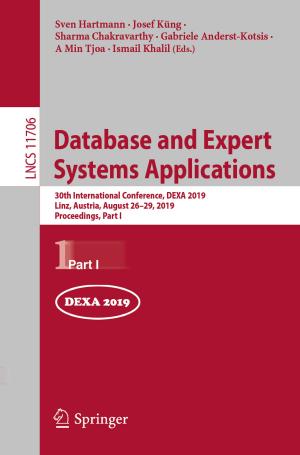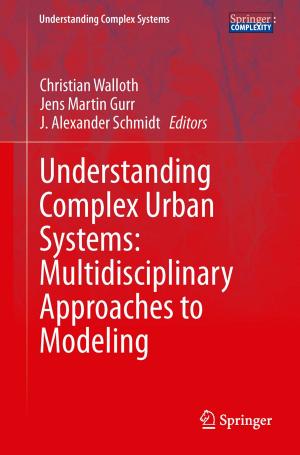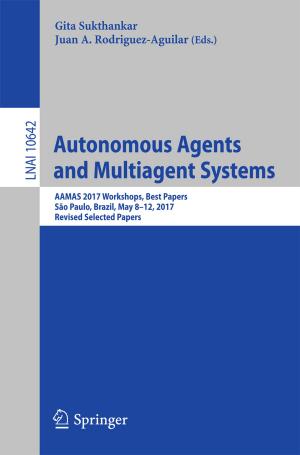Model-Reference Robust Tuning of PID Controllers
Nonfiction, Science & Nature, Technology, Automation, Science, Chemistry, Technical & Industrial| Author: | Ramon Vilanova, Victor M. Alfaro | ISBN: | 9783319282138 |
| Publisher: | Springer International Publishing | Publication: | April 16, 2016 |
| Imprint: | Springer | Language: | English |
| Author: | Ramon Vilanova, Victor M. Alfaro |
| ISBN: | 9783319282138 |
| Publisher: | Springer International Publishing |
| Publication: | April 16, 2016 |
| Imprint: | Springer |
| Language: | English |
This book presents a unified methodology for the design of PID controllers that encompasses the wide range of different dynamics to be found in industrial processes. This is extended to provide a coherent way of dealing with the tuning of PID controllers. The particular method at the core of the book is the so-called model-reference robust tuning (MoReRT), developed by the authors. MoReRT constitutes a novel and powerful way of thinking of a robust design and taking into account the usual design trade-offs encountered in any control design problem.
The book starts by presenting the different two-degree-of-freedom PID control algorithm variations and their conversion relations as well as the indexes used for performance, robustness and fragility evaluation:the bases of the proposed model. Secondly, the MoReRT design methodology and normalized controlled process models and controllers used in the design are described in order to facilitate the formulation of the different design problems and subsequent derivation of tuning rules. Inlater chapters the application of MoReRT to over-damped, inverse-response, integrating and unstable processes is described. The book ends by presenting three possible extensions of the MoReRT methodology, thereby opening the door to new research developments. In this way, the book serves as a reference and source book for academic researchers who may also consider it as a stimulus for new ideas as well as for industrial practitioners and manufacturers of control systems who will find appropriate advanced solutions to many application problems.
This book presents a unified methodology for the design of PID controllers that encompasses the wide range of different dynamics to be found in industrial processes. This is extended to provide a coherent way of dealing with the tuning of PID controllers. The particular method at the core of the book is the so-called model-reference robust tuning (MoReRT), developed by the authors. MoReRT constitutes a novel and powerful way of thinking of a robust design and taking into account the usual design trade-offs encountered in any control design problem.
The book starts by presenting the different two-degree-of-freedom PID control algorithm variations and their conversion relations as well as the indexes used for performance, robustness and fragility evaluation:the bases of the proposed model. Secondly, the MoReRT design methodology and normalized controlled process models and controllers used in the design are described in order to facilitate the formulation of the different design problems and subsequent derivation of tuning rules. Inlater chapters the application of MoReRT to over-damped, inverse-response, integrating and unstable processes is described. The book ends by presenting three possible extensions of the MoReRT methodology, thereby opening the door to new research developments. In this way, the book serves as a reference and source book for academic researchers who may also consider it as a stimulus for new ideas as well as for industrial practitioners and manufacturers of control systems who will find appropriate advanced solutions to many application problems.















